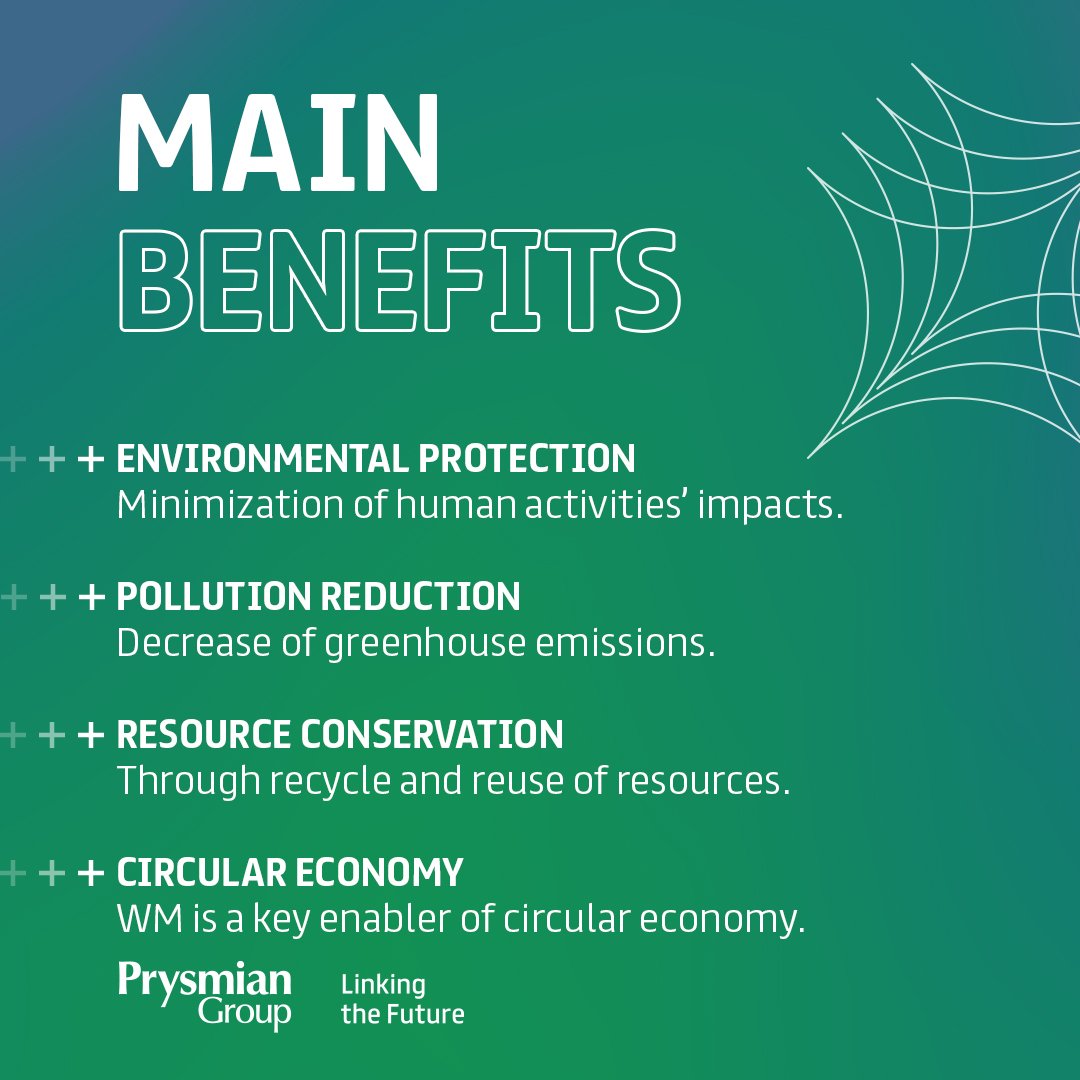Reclaim Waste Fundamentals Explained
Table of ContentsThe Ultimate Guide To Reclaim WasteUnknown Facts About Reclaim WasteFascination About Reclaim WasteThe 10-Minute Rule for Reclaim WasteThe Best Strategy To Use For Reclaim Waste
With correct liquid waste monitoring, companies can minimize energy-intensive therapy procedures and disposal costs. By complying with a system for managing liquid waste, companies can prevent pricey penalties and fines and prevent negative promotion.(https://writeablog.net/reclaimwaste1/reclaiming-resources-a-comprehensive-guide-to-industrial-wastewater-treatment)Collect depictive samples from numerous points within the waste stream to guarantee precision. Liquid waste, specifically hazardous ones, positions significant risks throughout this action.

Disinfection (e.g., chlorination, ultraviolet light, ozonation) and nutrient elimination (e.g., denitrification and phosphorus obliteration) are recommended under stringent policies. Numerous firms violated numerous liquid waste disposal guidelines in current years.
Reclaim Waste - Truths

are used by markets that generate huge volumes of low-toxicity liquid waste. Shallow basins contain fluid waste that is allowed to evaporate with all-natural processes. The residue left can be disposed of in garbage dumps. includes shedding liquid waste at heats and transforming it into gas and ash. This type of disposal is subject to rigorous ecological policies due to potentially hazardous emissions.
The searchings for need to be recorded, analyzed, and kept not just for entry to regulatory authorities but additionally for making improvements in the future. Share info with relevant stakeholders (e.g., workers, governing government firms, and close-by communities) to preserve transparency and liability.
No matter of the business size or sector, there are countless difficulties connected with this task. Understanding these can aid them efficiently handle their operations and lessen their environmental influence. makes it tough to deal with and throw away fluid waste securely. Firms that can't purchase facilities ought to consider teaming up with the general public industry for better remedies.
All About Reclaim Waste
By applying detailed management systems that consist of treatment and reusing techniques, normal tracking, risk analyses, and adherence to neighborhood and government regulations, commercial facilities can add to the protection of groundwater products, ensuring their accessibility for future generations (liquid waste disposal melbourne). Let's look into the value of efficient liquid waste monitoring in the commercial market, concentrating on its implications for guarding groundwater resources
The pollution of groundwater sources because of incorrect liquid waste management in the commercial sector has far-ranging effects for human health, farming, and the setting as go now a whole. A few of the possible effects triggered by such contamination include: Infected Alcohol consumption Water Supplies: As groundwater supplies a considerable section of our drinking water, contamination from commercial tasks can result in hazardous chemicals and microbes entering our water supply, positioning wellness threats for human beings.
Decreased Agricultural Productivity: Agriculture depends greatly on groundwater for watering; therefore, contaminated water can hinder crop returns, contaminate farming items, and impact food safety. Offered the importance of preserving groundwater sources, it is critical for services to take a proactive stance in handling their liquid waste properly and preventing contamination.
The Of Reclaim Waste
Liquid waste can pollute land and pollute waters. Under the Defense of the Atmosphere Workflow Act 1997, businesses that generate fluid waste are called for to handle it in a manner that protects the atmosphere and the area. Information regarding managing and saving liquid waste, reacting to spills and reducing liquid waste is readily available in the complying with truth sheets and assistance:.
Water, the essence of life, is under continuous risk from contamination. The role of waste monitoring specialists in protecting this precious resource can not be overemphasized. Their services consist of: Sewage-disposal tank and oil trap cleaning: Necessary for preventing damaging toxins from entering our water supply. Contaminated water and infected effluent management: Ensuring that harmful liquids are safely eliminated and dealt with before they can damage our water resources.
Thus, incorporating lasting fluid waste management into economic preparation improves financial stability and safeguards the atmosphere, showing the value of this technique. In conclusion, taking on specialist fluid waste administration practices is vital for guaranteeing a lasting future, securing our setting and securing the well-being of future generations.
When it involves dealing with waste, sticking to appropriate procedures is critical for a wide variety of factors. Correct waste disposal is not practically sanitation; it's regarding making certain the wellness of our setting, health, and the reliable use resources. Recognizing the importance of effective waste monitoring can help us all add to a much healthier, cleaner planet.
The 9-Second Trick For Reclaim Waste
Reliable waste monitoring aids maintain clean streets and public areas, reducing the visual effect of clutter and guaranteeing that waste does not damage wild animals. When waste is not disposed of correctly, it can cause air pollution, where unsafe substances can seep into the soil, water systems, and the air, producing long-lasting ecological issues.